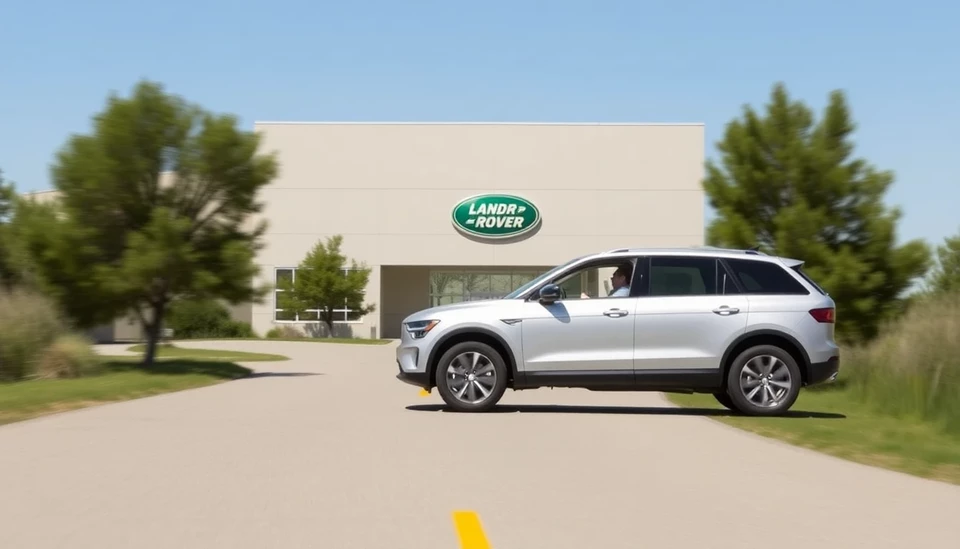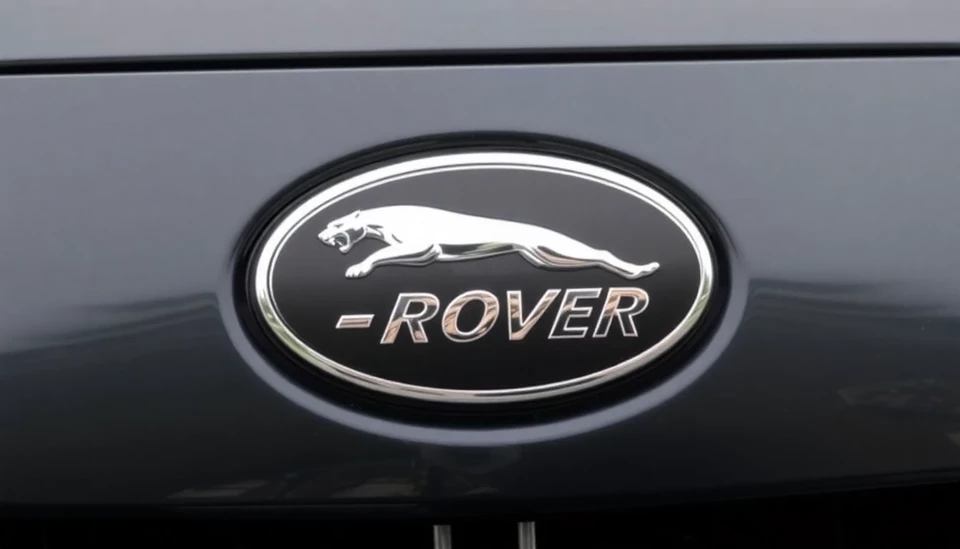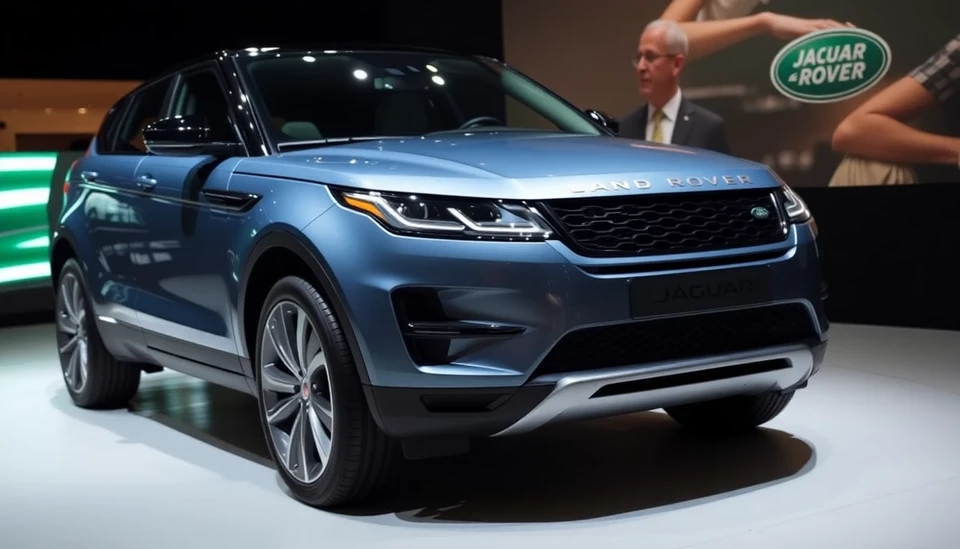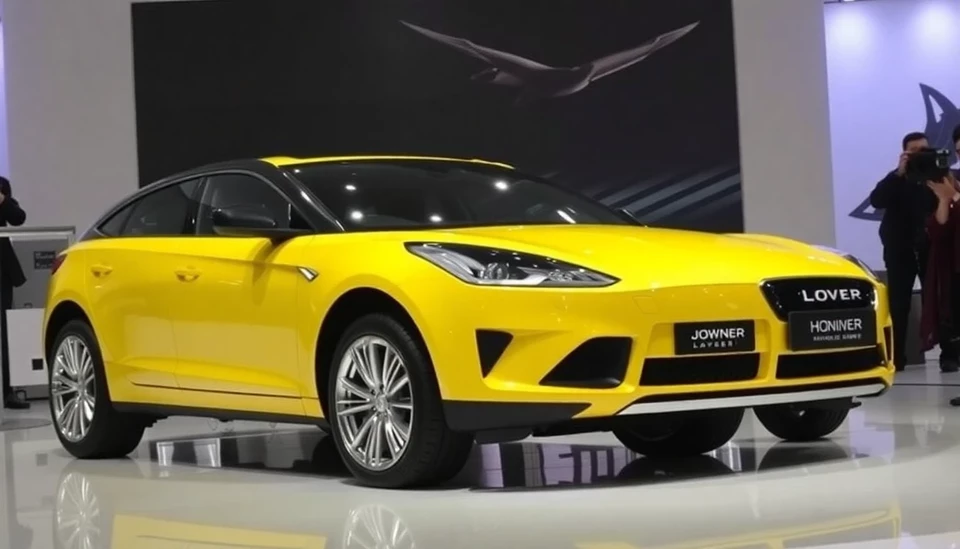
In a significant move that has captured the attention of the automotive industry, Jaguar Land Rover has reported a remarkable increase in its U.S. sales figures, just ahead of the looming tariffs expected to be imposed by the Trump administration. The surge in sales signals a proactive strategy by the luxury carmaker to counteract potential financial impacts from trade policy changes that could alter the dynamics of the U.S. auto market.
Data reveals that Jaguar Land Rover’s sales in the United States jumped by an impressive 40% in the first quarter of 2025 compared to the same period last year. This substantial increase was primarily driven by a robust demand for their popular models, including the Range Rover and the Defender, which saw notable growth in interest among consumers looking for premium vehicles.
The upcoming tariffs, which are a reaction to ongoing trade disputes, could potentially raise the costs of importing vehicles from foreign manufacturers, particularly affecting brands like Jaguar Land Rover that rely heavily on international markets. By ramping up their sales ahead of the tariffs, the company is effectively trying to mitigate the potential downturn that could ensue once these trade measures go into effect. Industry experts speculate that Jaguar Land Rover's advance planning could serve them well as overall consumer sentiment shifts in response to price changes resulting from new tariffs.
Moreover, this sales spike reflects not only the brand's strong market presence but also its commitment to adapting to changing consumer preferences and economic conditions. The luxury automotive sector has been known to be resilient, yet the volatility introduced by international trade shifts can pose significant challenges. To further leverage this moment, Jaguar Land Rover is focusing on marketing campaigns aimed at highlighting their vehicles' advanced technology and sustainability efforts, appealing to the environmentally conscious consumer while also emphasizing luxury and performance.
In light of these developments, analysts are closely monitoring how the brand's sales will evolve in the latter part of the year as the tariffs take effect. It remains to be seen whether this initial spike can be sustained over the long term, or if the tariffs will lead to a cooling off period in sales, particularly as competition increases in the luxury SUV segment. As the automotive landscape continues to shift, Jaguar Land Rover's proactive sales strategy may set a precedent for how luxury brands react to economic pressures and market fluctuations in the future.
As the automotive market navigates these uncertain waters, observers will keep a close eye on Jaguar Land Rover, assessing whether they can maintain their upward trajectory in sales or whether the impending tariffs will hinder their growth. The coming months will be crucial for not just Jaguar Land Rover, but for the entire automotive industry, as they respond to potential changes in trade policies.
In conclusion, Jaguar Land Rover's strategic push to boost U.S. sales before the introduction of tariffs exemplifies a calculated risk in the volatile landscape of international trade. The luxury car maker has demonstrated that it is not only aware of the economic challenges ahead but is ready to adapt accordingly.
#JaguarLandRover #USTariffs #LuxuryCars #AutoSales #RangeRover #Defender #TradePolicy #AutomotiveIndustry #MarketTrends #CarSales #Surge
Author: Victoria Adams


